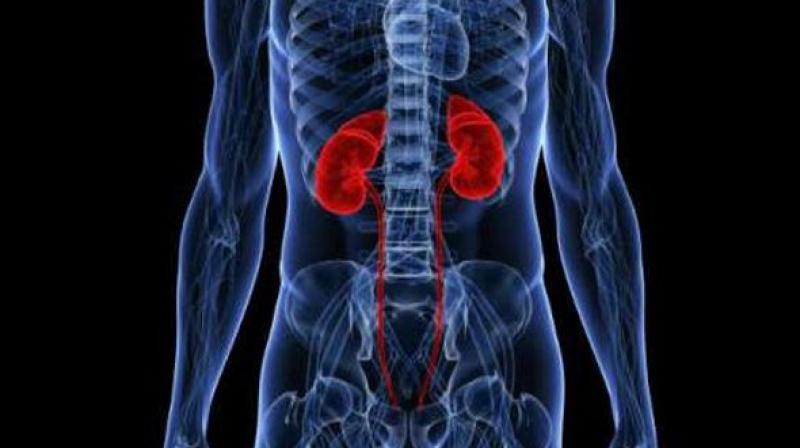Language barriers may block access to kidney transplant waiting list

Kidney transplant candidates who live in ZIP codes with more non-English speakers are less likely to make it onto the U.S. active waiting list, according to a recent study.
Those with linguistic barriers - especially in Hispanic and Asian households - also wait longer for a transplant evaluation or never complete one at all.
“The problem likely extends further than merely language. Cultural and educational barriers likely also play a role,” said senior study author Edmund Huang of the Kidney Transplant Program at Cedars-Sinai Medical Center in Los Angeles, California.
“Transplant centers and referring nephrologists should recognize that these populations may need additional attention in guiding them through the evaluation process,” he told Reuters Health.
The Organ Procurement and Transplantation Network currently has more than 98,000 candidates on the kidney transplant waiting list. Typically, a third of these patients are listed as inactive due to an incomplete transplant evaluation, and about a third of inactive candidates never become active. Figuring out why candidates remain inactive and how to move them to active status could reduce health disparities in underserved communities, the study authors write in the Clinical Journal of the American Society of Nephrology.
Huang and colleagues looked at nationwide organ transplant data, along with ZIP code data from the 2000 United States census, for more than 84,000 kidney transplant candidates from 2004-2012.
They defined a household as “linguistically isolated” if all members over age 14 spoke a language other than English and spoke English less than “very well.” The researchers then categorized neighborhoods where transplant candidates lived into one of five groups based on the percentage of households that were linguistically isolated: less than 1 percent, between 1 and 5 percent, between 5 and 10 percent, between 10 and 20 percent or more than 20 percent.
During the study, more than 70 percent of candidates moved to active status. These candidates were more often younger, male, more educated and more likely to have private health insurance. Inactive candidates generally lived in communities with lower education and more poverty. Although Hispanic, Asian and black candidates were all less likely to achieve active status, Hispanic and Asian candidates were more likely to live in areas with the highest levels of linguistic isolation.
Overall, 78 percent of candidates who lived in communities with less than 1 percent of linguistic isolation converted to active status. In communities that were more than 20 percent linguistically isolated, 69 percent converted to active status, researchers found.
“Despite our best efforts to make kidney transplantation accessible to all suitable patients with end-stage renal disease, there are barriers,” Huang said.
Although the nationwide kidney allocation policy changed in 2014 to reduce racial and ethnic disparities in kidney transplantation, the problem starts sooner than allocation, Huang added.
“When people need a transplant, they want to be sure that kidneys are allocated because of medical necessity and that they are not disadvantaged because of their social status,” said Alicia Fernandez of the University of California at San Francisco, who was not involved in the study.
“Kidney transplant is a scarce resource, and it is important that scarce medical resources be distributed fairly,” said Fernandez, who has studied language barriers in healthcare, particularly for Latinos with diabetes. “That has generally been understood to mean without unduly valuing social factors, such as wealth or race,” she said by email.
One limitation of the study is that although language barriers are likely tied to education and income barriers, the study authors can’t say for sure. Other systemic biases could prevent patients from completing evaluations or joining the waitlist, said Leah Karliner of the University of California at San Francisco, who wasn’t involved with the study but has studied language barriers to healthcare access and how professional interpreters may help.
“It is unclear how many of these patients had access to professional interpretation in their health care settings and for navigating the complex health care system to complete their evaluation,” she told Reuters Health by email. “An important starting place would be ensuring access to professional interpretation for all patients.”

